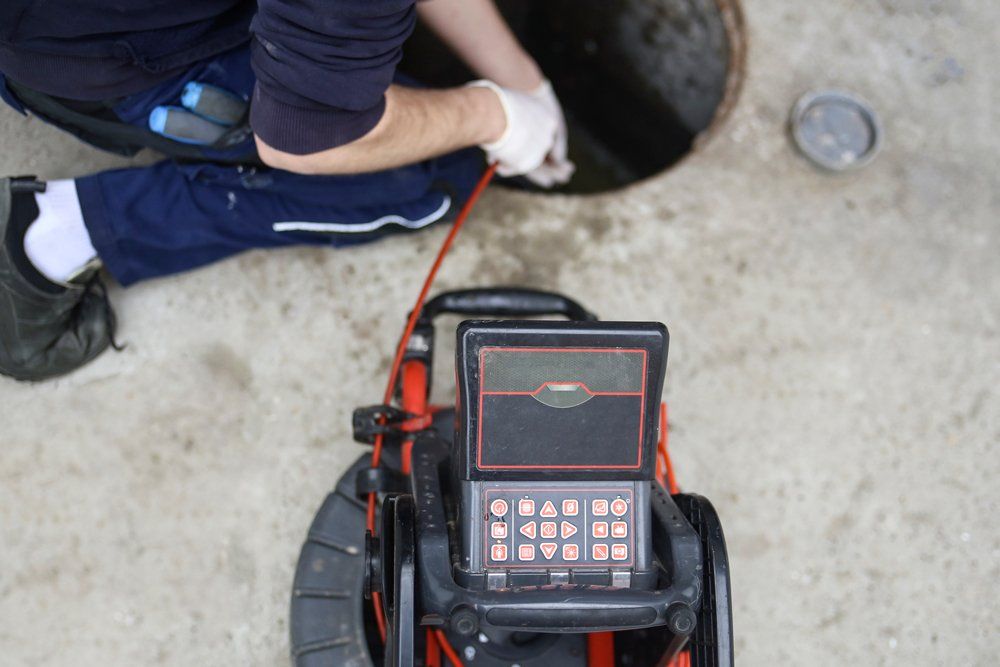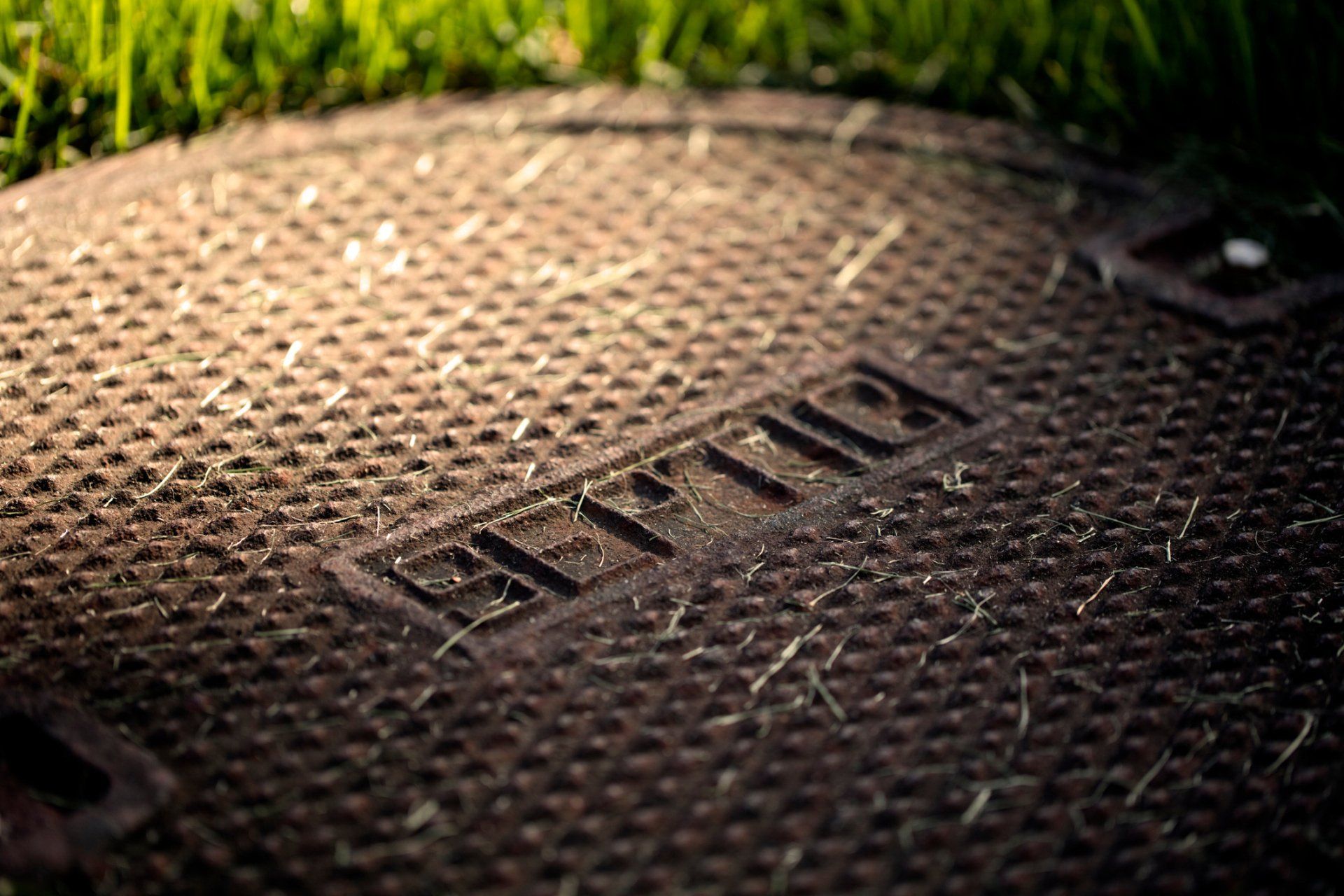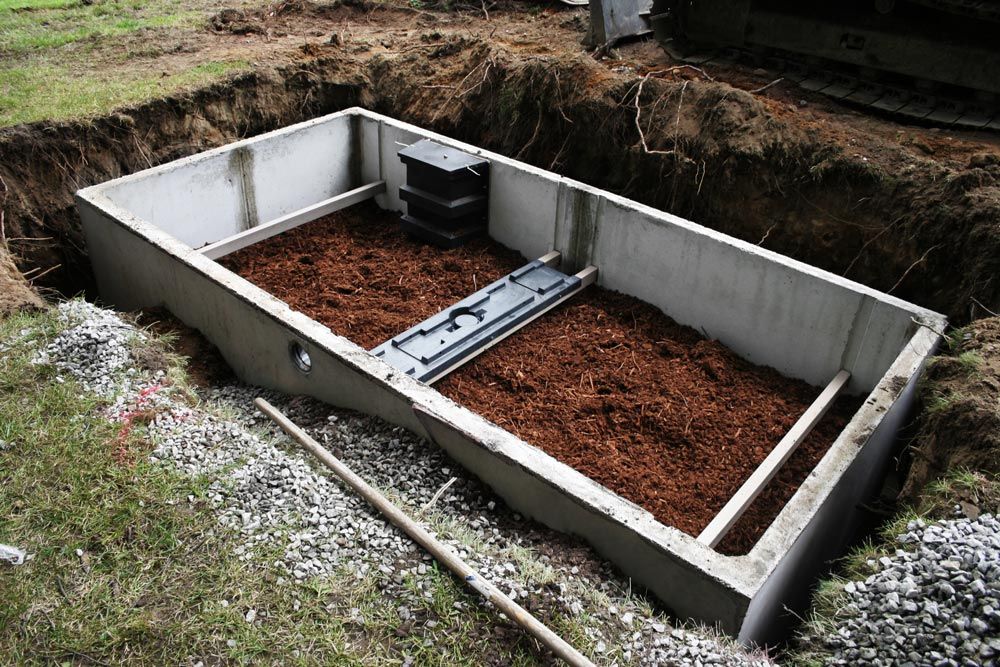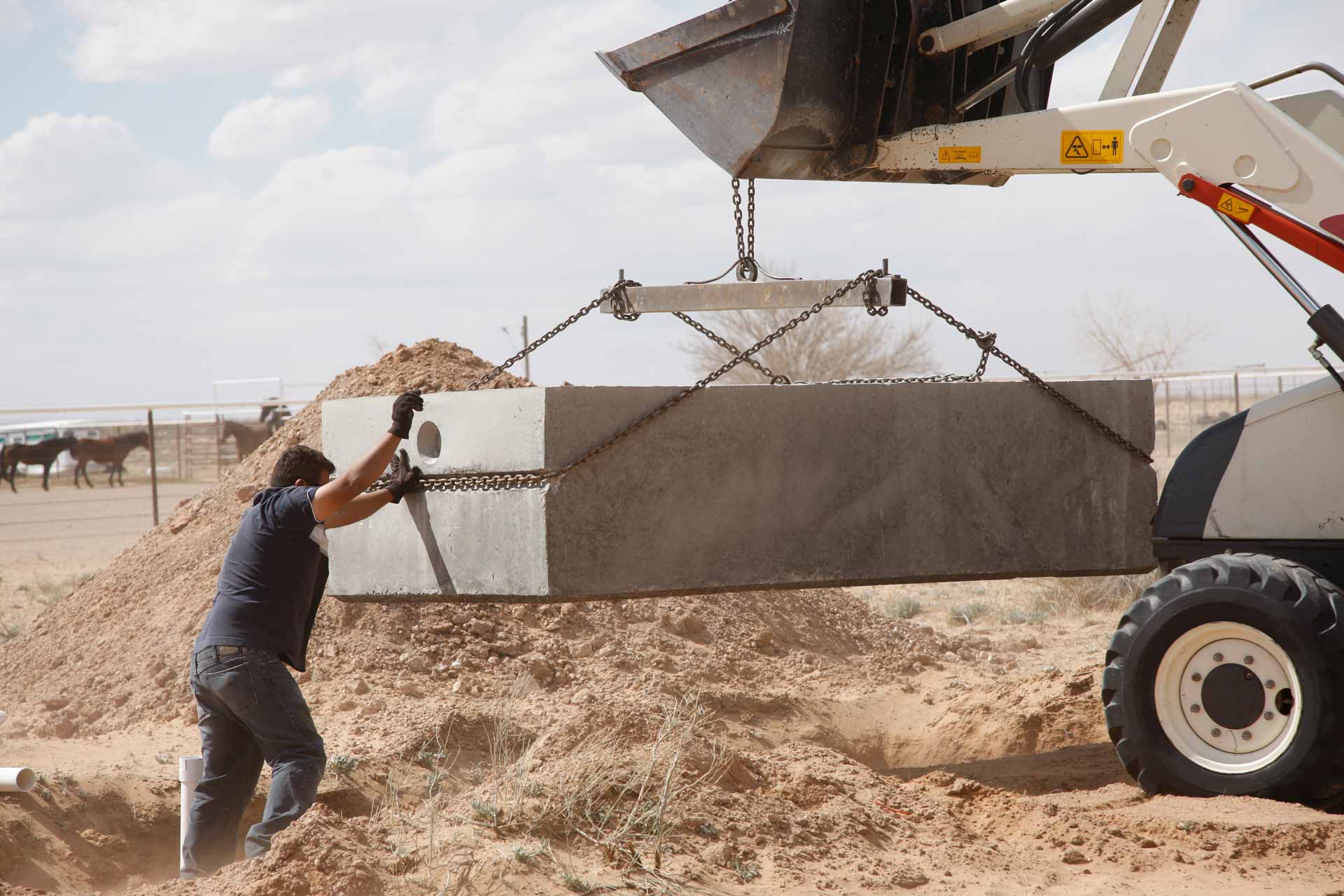WHY YOU SHOULDN'T BOTHER WITH SEPTIC TANK ADDITIVES
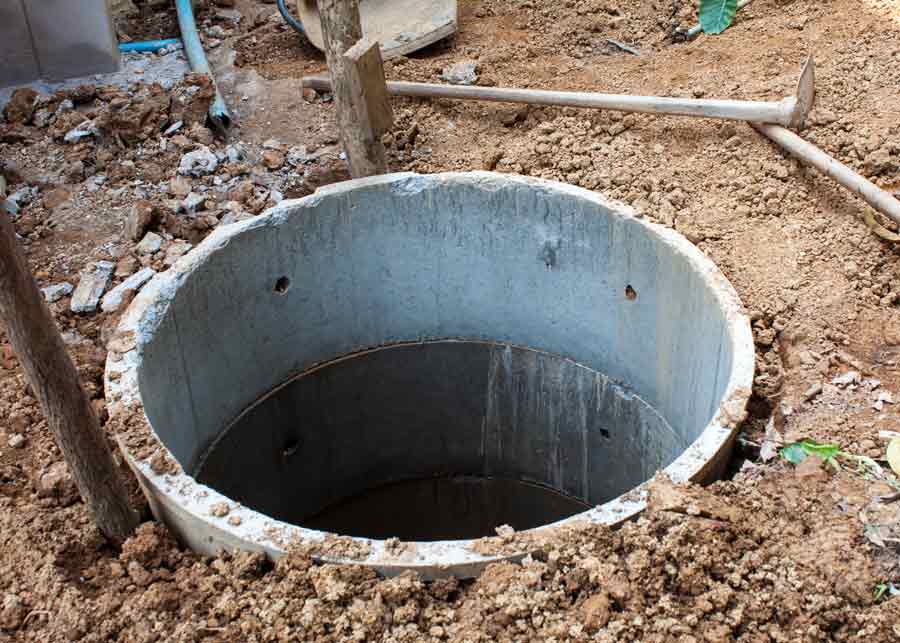
When owning a septic system, you may find the idea of additives to be very convenient. All you have to do is introduce additives, and they'll do all the work for you, right? But the truth is that additives will usually do little or nothing to help your septic tank, and you will still need to have solids pumped from your tank.
Additives Might Not Be Legal
Before you consider using additives, you should determine whether your local government even allows the use of additives. Some states have banned septic tank additives because of the extent to where they have caused system failures.
In some cases, there are only certain additives that are allowed. This is important when ordering these products from another state online. In addition to not having a positive impact, many additives can contaminate aquifers and can make septic drainfields less effective.
Additives Interfere with Your Septic System
For your septic tank to function properly, you will need healthy bacteria. Unfortunately, many of the additives simply kill off healthy bacteria. Additives can also interfere with the ability of the solids to settle in the tank, which can cause the septic tank to not function properly.
You May Kill Healthy Bacteria
There are several effects additives can have on healthy bacteria. Additives designed to control odors can lead to the formation of formaldehyde and zinc sulfate, which can both be lethal to healthy bacteria.
Bacteria in your septic tank will transform waste into a form that can be safely disposed of. While bacteria is an essential part of a septic tank, the best way to introduce healthy bacteria is to stay healthy yourself and to introduce bacteria to your tank naturally through your waste.
Additives Can Be Corrosive
Another detrimental aspect of septic tank additives is that they can have a corrosive effect on your septic tank. This can cause tank leaks and can jeopardize the integrity of your plumbing, which may lead to expensive repairs.
You May Interfere with the Drainfield
The hydrogen peroxide found in some additives may be harmful to the soil in the drainfield. This can cause the drainfield to be less effective at purification. The hydrogen peroxide may also harm the bacteria found in the septic system.
Consider Aerating Your Septic Tank
While additives have been researched for decades, there are no scientific studies that have been able to prove that septic tank additives work. If you would like to make changes to your septic tank that could make it more effective, consider having your septic tank aerated. This will transform your tank into a more effective aerobic system.
How Aerators Work
Aerobic bacteria remove the vast majority of the sewage contaminants before the discharge. As a result, aerating your septic tank can reduce the risk of it failing. Some of the aerobic bacteria will be released through the discharge and will continue to break down the waste after it has left the septic tank.
An aerobic septic tank is aerated using septic tank aerators. These are pumps that force oxygen into the septic tank. Aerators cause move movement within the septic tank, which makes it easier for the bacteria to attach themselves to the waste. The movement also helps tear apart solids and toilet paper that would otherwise clog the drainfield.
Rather than using additives, if you are having problems with your septic tank, or if it is time to have your septic tank pumped, be sure to contact Pete's Outflow Technicians. We will not only service your septic tank, but we will provide advice on how you can better care for your system.

